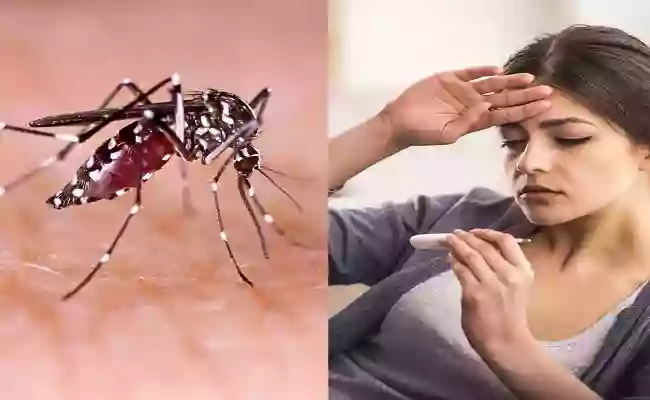Speeding bus mows down pedestrian at MG Road more, driver flee
.gif)
.gif)

In a concerning development, the weekly count of dengue cases in Delhi has doubled in the past week, as reported by the Municipal Corporation of Delhi (MCD) on Monday. The city recorded 56 new dengue cases, compared to 24 cases in the previous week, bringing the total number of cases reported till July 28 to 243. This surge marks the highest dengue case count in the last six years.
Comparing the figures to the corresponding period in previous years, Delhi has witnessed a significant spike in dengue cases. In 2022, the city reported 169 cases, 52 cases in 2021, 31 in 2020, 40 cases in 2019, and 56 cases in 2018.
An MCD official attributed the rise in cases to flooding and waterlogging in certain parts of the city over the past month. Additionally, the disease being declared as a notifiable disease last year has led to better reporting from healthcare institutes.
The distribution of the 243 cases reveals that 129 cases have emerged in MCD areas, 17 in the NDMC region, 12 cases in Delhi cantonment areas, five under Railways, while 80 cases remain untraced after investigation. The west zone, South zone, and Najafgarh zones within the MCD jurisdiction have reported the maximum number of cases.
Of particular concern is the finding from genome sequencing, which shows that 19 out of 20 samples were of type 2 dengue, a more dangerous strain of the virus.
To combat the outbreak, the Delhi government has put forward a vector-borne disease control action plan for this year. The plan includes the use of drones for mosquito surveillance and control in vulnerable areas, utilizing the 1031 helpline number to facilitate dengue treatment (previously used during the COVID pandemic), and enlisting the help of ASHA workers to raise awareness about dengue prevention.
Chief Minister Arvind Kejriwal reviewed the city's dengue preparedness on Friday, highlighting the importance of proactive measures. The government has also increased fines for unchecked mosquito breeding to ₹1000 for households and ₹5000 for commercial establishments.
However, amidst these efforts, the Domestic Breeding Checkers (DBCs), public health department workers responsible for countering the spread of mosquito-borne diseases in Delhi, have organized a general strike. Talks between the civic body and the DBC union have failed to reach a consensus, with workers demanding payment of pending salaries and regularisation of services as permanent workers of the corporation.
Health experts emphasize that tackling the disease at its source, preventing mosquito breeding and bites, is crucial at this stage. With the dangerous type 2 strain of dengue prevalent, focus on disease management and raising awareness becomes paramount to prevent further complications.